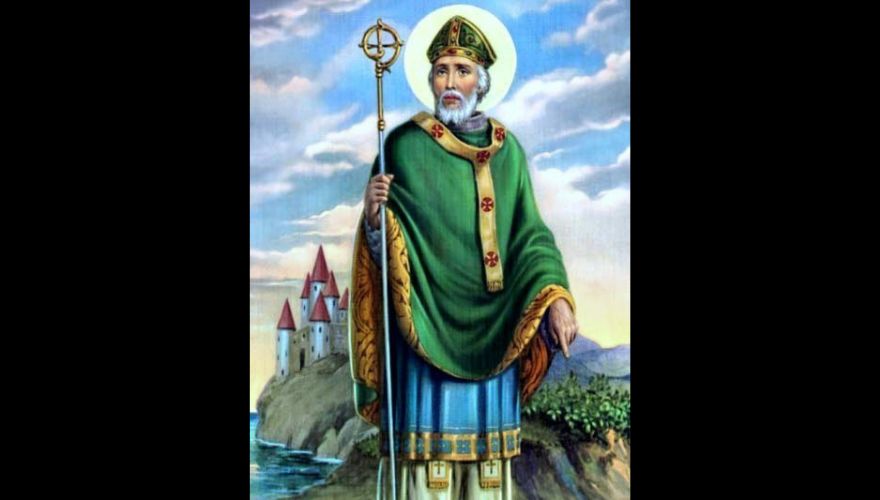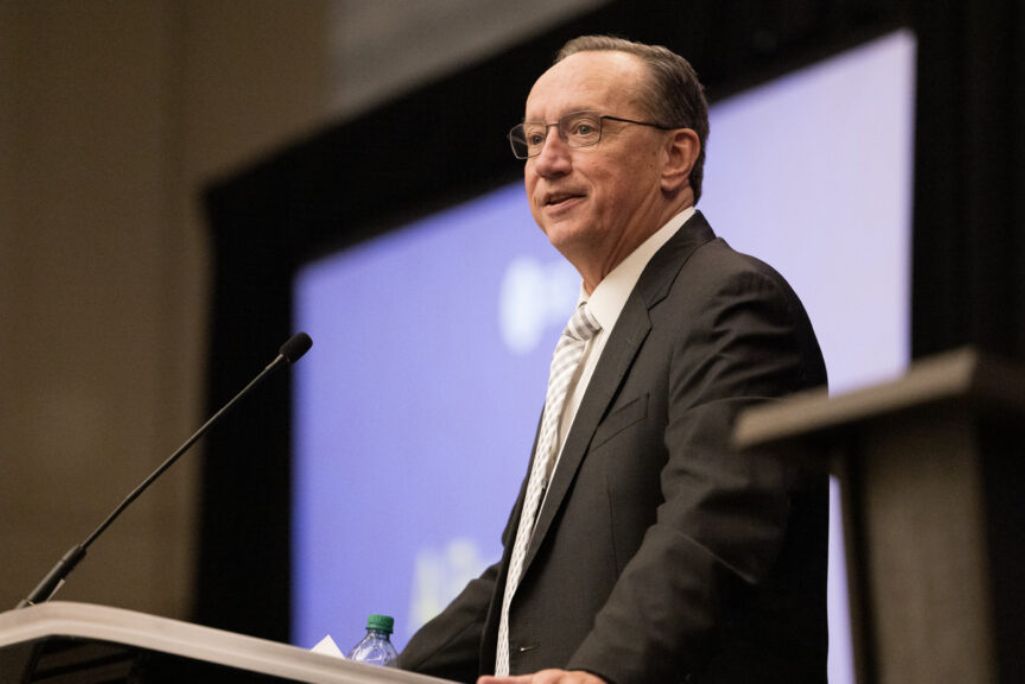Have you ever considered the name in which you pray? While this question might entertain a theology class, it is now the subject of a landmark case before the United States Supreme Court called Town of Greece v. Galloway.
On Nov. 6, 2013, the United States Supreme Court will hear arguments whether local clergy and others have the liberty to pray according to the convictions and teachings of their faith when delivering invocations before town board meetings. If you as a pastor are asked to give the invocation before any town function, this case will impact you as the outcome may pit your religious beliefs on how to pray squarely against efforts to create a state mandate on how to pray.
Since the First Continental Congress, our national legislature has opened up congressional sessions with prayer. The United States Supreme Court observed this long-standing tradition in Marsh v. Chambers where the Court first took up the issue of legislative prayer. In Marsh, the Court noted “The opening of sessions of legislative and other deliberative public bodies with prayer is deeply embedded in the history and tradition of this country.”
The Court pointed out that “the Continental Congress, beginning in 1774, adopted the traditional procedure of opening its sessions with a prayer offered by a paid chaplain” and that “the First Congress, as one of its early items of business, adopted the policy of selecting a chaplain to open each session with prayer.”
The Court concluded, “Clearly the men who wrote the First Amendment Religion Clause did not view paid legislative chaplains and opening prayers as a violation of that Amendment, for the practice of opening sessions with prayer has continued without interruption ever since that early session of Congress.” And if there were any doubts as to the importance of this long-standing practice, the Court put those to rest in stating, “In light of the unambiguous and unbroken history of more than 200 years, there can be no doubt that the practice of opening legislative sessions with prayer has become part of the fabric of our society.”
But groups like Americans United for Separation of Church and State, who filed the lawsuit to stop the prayer practice in Greece, New York, were not content to leave this ruling unchallenged.
Rather than mounting a direct attack on the Supreme Court’s opinion in Marsh, it is seeking to undermine the practice of legislative prayer by challenging how and to whom those prayers are given. They complained that the volunteers chose to give too many prayers in Jesus name, and suggested that the Town has an obligation to limit or censor the way people pray.
We have represented the Town of Greece from the very beginning of this case, and will continue to defend them before the U.S. Supreme Court. It is critical to religious liberty in this country that pastors be able to pray according to their own conscience, and not according to a governmental mandate on prayer.
So on Nov. 6, 2013, the highest court in America will take up this issue.
This case will impact your town and state. It is highly likely that your local governmental bodies open their sessions with prayer, consistent with the founding father’s practice. And you might be asked to give the invocation to bring solemnity to the proceedings. The question will become – in whose name will you pray?
(EDITOR’S NOTE – This column by Joel Oster, senior legal counsel for Alliance Defense Fund, first appeared at speakupmovement.org.)


